Categories
Ethical ShoppingCar Parts & Accessories
Top products in Car Parts & Accessories
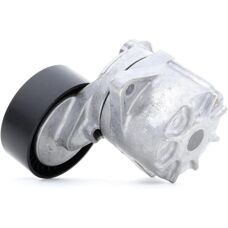
INA Model 534 0481 10 Tensioner Lever - Tensioner Lever
From £37.20
69 offers
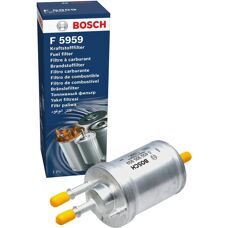
Bosch Fuel Filter 0 450 905 959 - Fuel Filter for VW, Audi, Skoda
From £27.64
276 offers
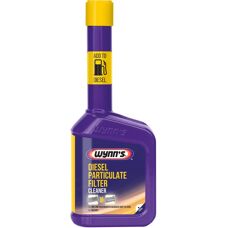
Wynn's Diesel Particulate Filter Cleaner - W2827
From £11.14
6 offers
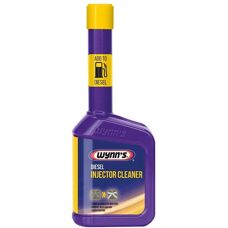
Wynn's Diesel Injector Cleaner - 325ml Fuel Additive System Cleaner
From £8.30
8 offers
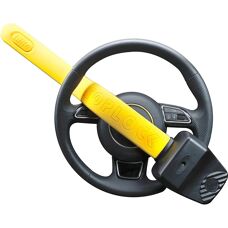
Stoplock Pro Elite SCM (HG 150-00)
From £47.99
4 offers

U-POL UPOP38S P.38 Multi-Purpose Body Filler - Body Filler
From £8.49
6 offers
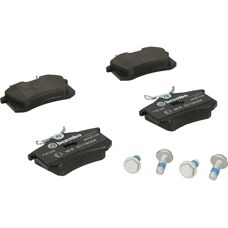
Brembo P 85 020 Brake Pads - Brake Pads
From £13.81
882 offers
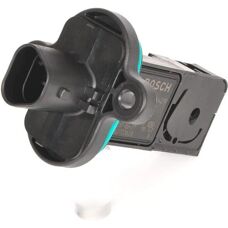
Bosch Air Flow Sensor 0 280 218 429 - Air Flow Sensor
From £37.66
71 offers
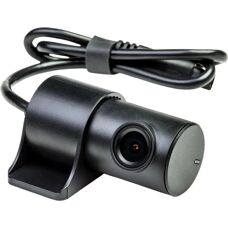
Road Angel Halo Pro 2K+ Dashcam - Grey - Front & Rear
From £149.00
3 offers
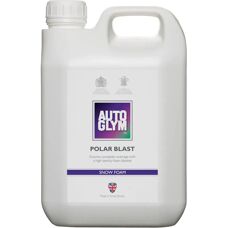
AutoGlym PB002.5 Polar Blast - Car Wash Foam
From £16.37
4 offers
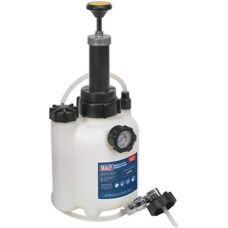
Sealey VS820 Brake Clutch Bleeding System - Professional One-Person, 2.5L
From £63.99
8 offers
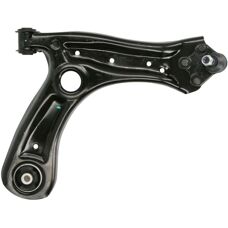
DELPHI Control Arm - M12x1.5 - Control Arm
From £49.69
3 offers
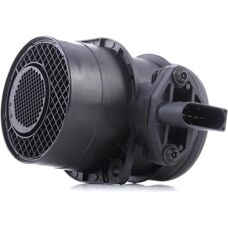
Bosch 0 281 006 759 Air Flow Sensor - Air Flow Sensor
From £91.78
123 offers
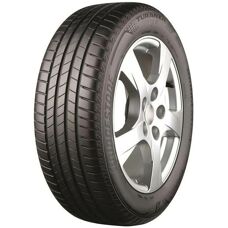
Bridgestone Turanza T005 215/55 R17 94V
From £135.00
2 offers
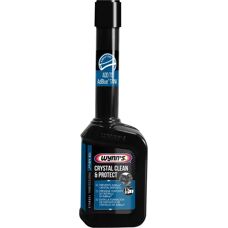
Wynn's Urea Anticrystallizer 125ML - Catalytic System Maintenance
From £10.48
2 offers
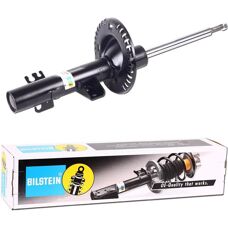
BILSTEIN B4 Gas Pressure Shock Absorbers - Shock Absorbers
From £50.02
15 offers
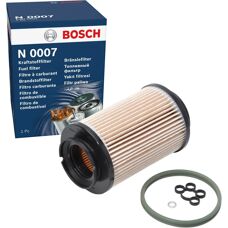
Bosch VW/Audi/Skoda Fuel Filter - Model 1K0127177A/1K0127434A
From £30.44
67 offers
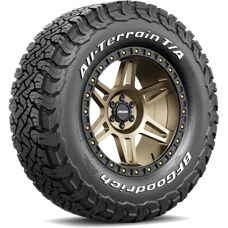
BFGoodrich All Terrain T/A KO3 265/75 R16 - Tire
From £357.70
3 offers
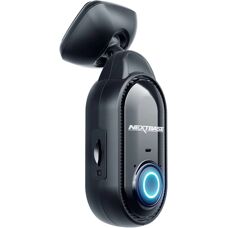
Nextbase Piqo - 1K
From £64.99
2 offers
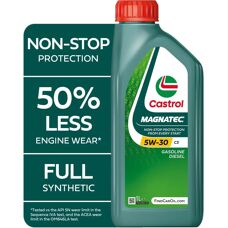
Castrol Magnatec 5W-30 C3 Engine Oil - 1L
From £11.98
2 offers
Kelkoo
Professionnals
About these search results
Due to technical constraints, Kelkoo cannot guarantee the complete accuracy, nor the completeness of the information provided by the merchants. As a result, and due to the nature of Kelkoo's activities, in the event of discrepancies between the information displayed on the Kelkoo website or ads and the one displayed on the merchant's website, the latter will prevail. Prices shown are including all fees. - Learn more
Hostname: dc1-kelkoo9-02 Version: 1.0.72


